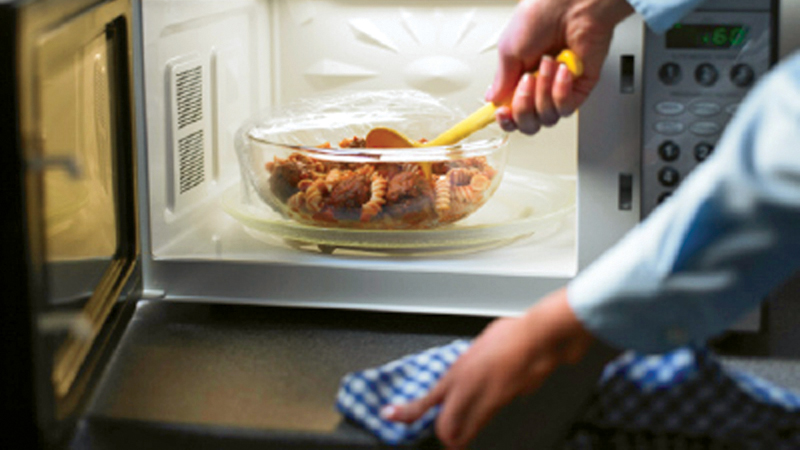While their popularity stems from their time-saving features, it is essential to be aware of potential drawbacks associated with daily microwave use. Beyond the convenience, some lesser-known disadvantages warrant consideration for those relying heavily on microwaving for cooking.
Degraded nutritional value
One of the lesser-known drawbacks of microwave cooking is the potential degradation of nutrients in food. Microwaves generate heat by producing electromagnetic waves that disturb the food constituency. This rapid heating can lead to a loss of water-soluble vitamins such as vitamin C and some B vitamins. Additionally, the shorter cooking times in microwaves may result in less nutrient retention compared to traditional cooking methods.
Antioxidant levels affected
 Microwaving has been shown to impact the antioxidant levels in certain foods. Antioxidants, which play a crucial role in neutralising free radicals in the body, can be sensitive to the high temperatures generated by microwaves. This sensitivity may lead to a reduction in the antioxidant capacity of microwaved foods, potentially affecting their health-promoting properties.
Microwaving has been shown to impact the antioxidant levels in certain foods. Antioxidants, which play a crucial role in neutralising free radicals in the body, can be sensitive to the high temperatures generated by microwaves. This sensitivity may lead to a reduction in the antioxidant capacity of microwaved foods, potentially affecting their health-promoting properties.
Formation of harmful compounds
The microwave cooking process can contribute to the formation of harmful compounds in some instances. For example, microwaving certain types of plastic containers or wrapping materials can release potentially toxic substances into the food. It is crucial to use microwave-safe containers and avoid plastics not labeled as such to minimize the risk of chemical migration.
Uneven heating
Microwaves heat food unevenly, and this can result in hotspots within the food. This uneven heating can lead to potential food safety concerns as bacteria may survive in cooler areas. It is essential to stir or rotate food during microwaving to promote more uniform heating and reduce the risk of consuming undercooked or overcooked portions.
Changes in texture and flavour
Microwaving can alter the texture and flavor of certain foods. While this might not be a concern for reheating leftovers, it can impact the quality of freshly cooked meals. Foods that rely on specific textures or require careful cooking techniques may not achieve the same results when prepared using a microwave.
Loss of culinary skills
The convenience of microwave cooking may contribute to a decline in traditional culinary skills. Relying too heavily on microwaving can lead to a lack of experimentation with different cooking methods and the nuances of flavor development. As a result, individuals may miss out on the joy of creating diverse and complex meals.
Potential for leaked radiation
While microwave ovens are designed with safety features to prevent radiation leakage, faulty seals or damaged doors can pose a risk. Although the risk of exposure to harmful levels of radiation from a well-maintained microwave is low, regular checks for damage or wear on the seals are crucial to ensure safety.
– Times of India









